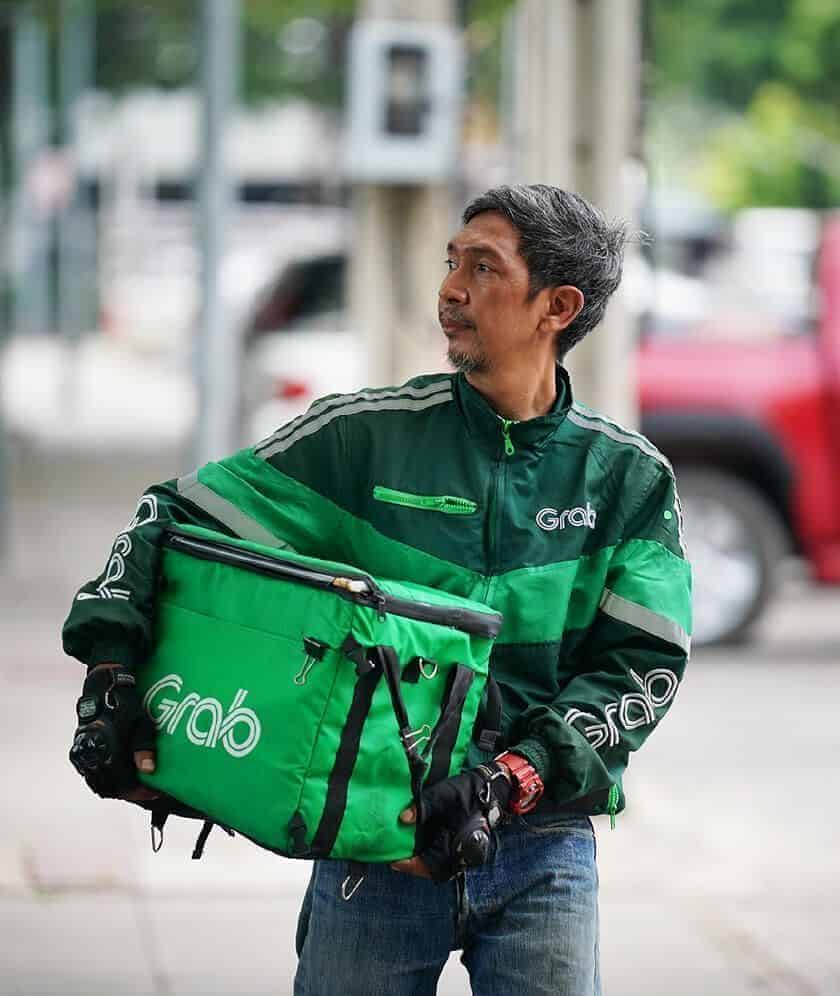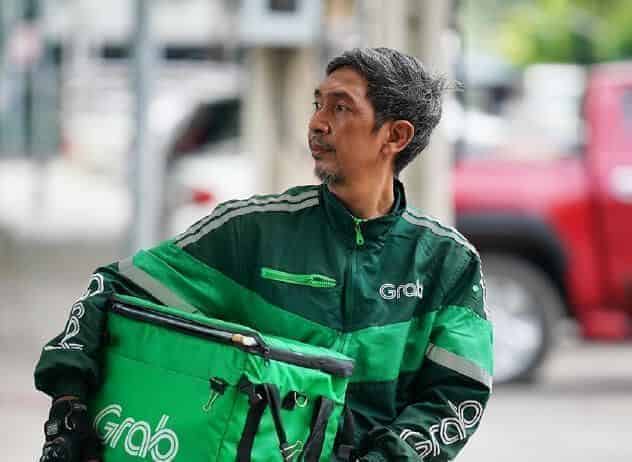Anthony Tan has a clear message for entrepreneurs: We can’t build extractive businesses anymore, and strive for social and environmental goals through philanthropy later in life.
Businesses today can and should consider a double- or triple bottom line from the start. In other words, businesses can pursue social and environmental goals with the same diligence as profit maximisation.
For Grab, this means focusing on creating opportunities for people working in low-income, or informal sectors, such as taxi drivers and food vendors. This also includes reducing Grab’s carbon footprint by transitioning its fleet to electric vehicles.
There are real social problems out there. According to the World Bank, the rich-poor divide is actually getting worse in each country. We have a calling to address this divide. Why? If the rich-poor divide gets worse, we can see massive social disruption. We don't want to wait for that to happen in this part of the world.
Anthony Tan, Grab CEO
Tan takes us through the turning points of Grab’s evolution, and explains the values that drive his decision-making in an interview with Boston Consulting Group’s Amane Dannouni for TED.com.
(Watch the full interview here)
Tan discusses how Grab’s multitude of services stack onto each other and originate in one core principle: Increasing safety [2:34]
That includes the development of Grab’s cashless payment system, GrabPay. Its first purpose was to reduce the risk for Grab’s driver-partners, who had started to become known for carrying significant amounts of cash from passenger fares. [4:05]
Tan goes on to explain:
- the core principles that led to the formation of a digital bank [5:10];
- why a platform that serves informal workers in low-margin sectors need scale and velocity to be sustainable [7:29];
- how working in collaboration with regulators, even if it meant moving slower at times, ended up making Grab stronger, [10:30];
- and how Grab’s commitment to emissions reductions factors into its business goals [12:14]
Going triple-bottom line wasn't altruistic. We saw that climate conditions have a direct economic impact on the business. When there's a flood in Manila, or in Jakarta, our drivers can't move. And when they can't move, there's no business.
Anthony Tan, Grab CEO
Watch the full video to hear more about Tan’s vision for Southeast Asian businesses that empower, not extract.
3 Media Close,
Singapore 138498
Komsan Chiyadis
GrabFood delivery-partner, Thailand
COVID-19 has dealt an unprecedented blow to the tourism industry, affecting the livelihoods of millions of workers. One of them was Komsan, an assistant chef in a luxury hotel based in the Srinakarin area.
As the number of tourists at the hotel plunged, he decided to sign up as a GrabFood delivery-partner to earn an alternative income. Soon after, the hotel ceased operations.
Komsan has viewed this change through an optimistic lens, calling it the perfect opportunity for him to embark on a fresh journey after his previous job. Aside from GrabFood deliveries, he now also picks up GrabExpress jobs. It can get tiring, having to shuttle between different locations, but Komsan finds it exciting. And mostly, he’s glad to get his income back on track.

